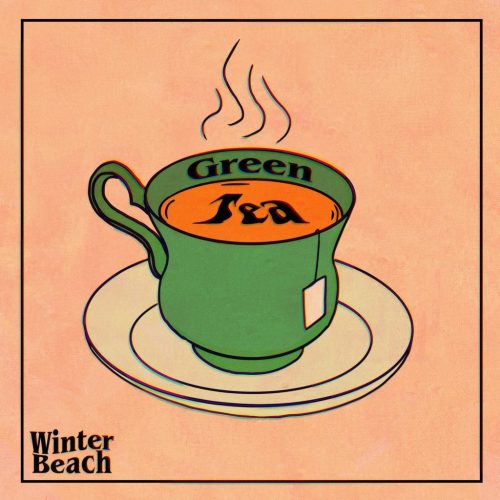Famed Polish composer Frederic Chopin is quoted as saying that “simplicity is the final achievement. After one has played a vast quantity of notes… it is simplicity that emerges as the crowning reward of art.” This, of course, is a predictably Victorian, prolix way of rephrasing minimalist architect Ludwig Miles van der Rohe’s oft-quoted maxim: “less is more.” But life, as we all know, is far from simple. On any given day, between juggling the extensive demands of our professional fields, meeting the phone-book-long list of arbitrary expectations set up for ourselves in our personal domain, and staving off the manifold occurrences that fall under the purview of Chance, the mere notion of simplicity becomes a valued luxury.
Crisis, it seems, possesses a transformative power to elevate the mundane and quotidian into the realm of the extraordinary. Which would explain, among other things, the predilection in many for spending inordinate amounts of time socially engaged in the art of small talk. This would also mean that our lives are no more than the sum of many insignificant moments coming together as a (hopefully) indispensable whole.
Which brings us back to the world of art. Assuming that it’s the artist’s job to reflect that which seeks to impersonate them, then by van der Rohe’s or Chopin’s logic, it would be best to distill the intricate act of mimicry into a straightforward demonstration. In other words, if you want to capture the immensity of life, then to be effective and succinct, you must capture its details. And if you want to faithfully sketch out the seemingly interminable catalog of life fragments, then I would suggest paying close attention to the minutiae that give them both their character and three-dimensionality.
This is exactly what Syracuse artist Winter Beach sets out to do on their newest single “Green Tea.”
An emo-influenced, power-chord heavy, uncomplicated number that features bombastic percussion along with some prominent use of wah-wah, distortion, and delay pedals, the song is as skillful as it is minimalist in its use of lyrics.
Choosing to let the music speak for itself, Winter Beach uses words sparsely; just two stanzas with a total of six lines in which the artist invokes feelings of impotence and helplessness that arise out of an existence whose abiding ennui stems from a fundamental element of repetition.
We don’t know who the speaker is, or what objective drives them to action. What we do know, however, is that life for them feels perpetually stuck in a wash-rinse-repeat cycle marked by personal misfortune and crippling self-doubt, all while being held under the oppressively tight grip of Life’s most inane banalities:
“Second-guessing myself again
Try cleaning my room again
Feel my time running out again
Coffee’s hot burned my tongue again
Burned some bridges again and again
Feel my time running out again.”
It should be noted that the music is likewise minimal, with only two to three chords played throughout, and a two-part phrasing pattern that repeats up until the last minute when an emo-flavored outro with a steady backbeat and crunchy power-chord-armed guitars, brings the song to a sudden stop.
Overall, the experience is voyeuristic, as you feel like you’re getting a quick glimpse into the intimate moments in the life of a stranger whose story is not too dissimilar from your own. The song is relatable, precisely, because of its stinging commentary on the more humbling and vexing aspects of life; the numberless particulars that constitute the corpulent physiology of small talk.
In the end, the conclusion is as clear as it is bleak: time and life are both running out. Ironically, it is time that keeps the speaker trapped under lock in a repetitive purgatory of bitter predictability. And it’s only its absence, I will suppose, that will provide the speaker with the sought-after release that can only be summed up by that oldest, simplest, and most faithful imitation of the eternal thereafter: silence.







